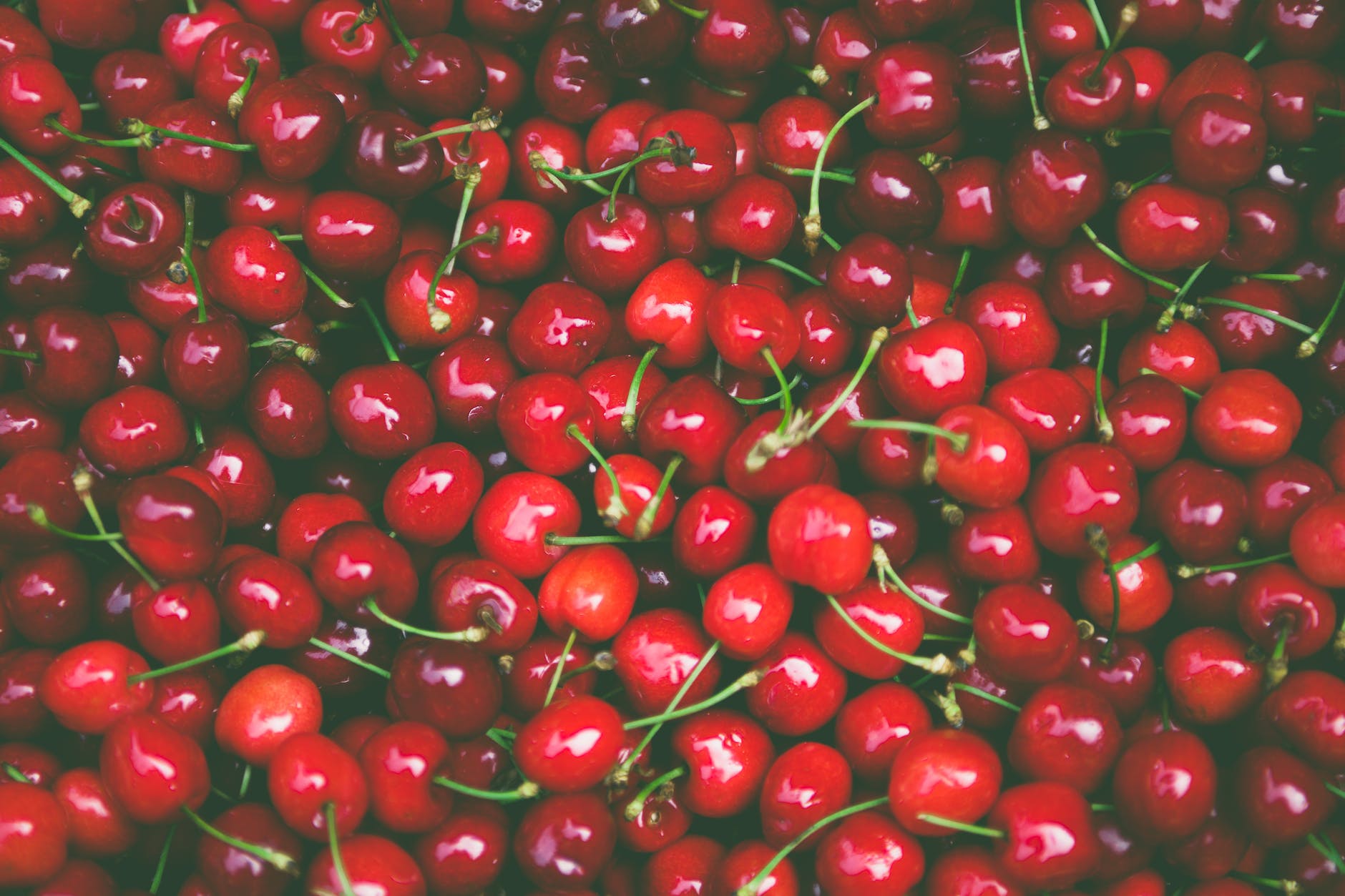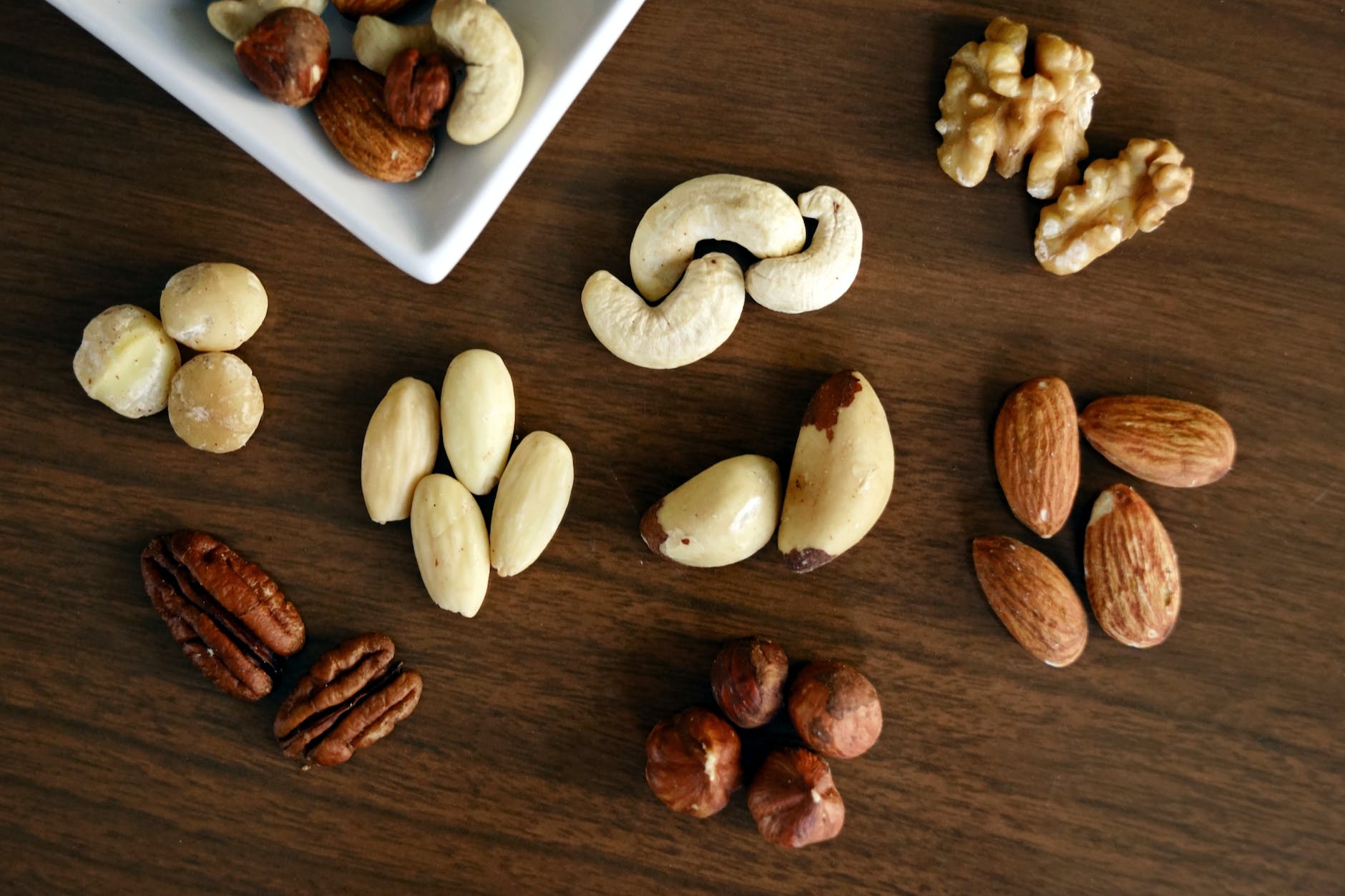
The Comprehensive Guide to Cherries: From Nutritional Benefits to Culinary Uses
Cherries, often associated with summer picnics and festive desserts, are more than just a sweet treat. These tiny, vibrant fruits are a powerhouse of nutrition and health benefits. In this guide, we’ll explore the world of cherries in-depth, from their historical significance to their modern-day health advantages.
1. The Historical Significance of Cherries
Originating in the regions of Europe and Asia, cherries have been cultivated for thousands of years. Ancient civilizations revered cherries not just for their taste but also for their medicinal properties. Roman conquerors, Greek citizens, and Chinese monks all had their tales and uses for this fruit.
2. Nutritional Breakdown of Cherries
- Vitamins: Cherries are a rich source of vitamins C, A, and K.
- Minerals: They boast a good amount of potassium, magnesium, and calcium.
- Antioxidants: Cherries are packed with flavonoids and carotenoids, which combat free radicals in the body.
- Fiber: Essential for a healthy digestive system, cherries provide a decent amount of dietary fiber.
3. Health Benefits: Beyond the Basics
- Muscle Recovery: Athletes often consume cherry juice as it’s believed to aid in muscle recovery post-exercise.
- Mood Enhancer: Some studies suggest that cherries can boost serotonin levels, potentially elevating mood.
- Skin Health: The antioxidants in cherries can promote radiant skin by combating signs of aging and skin damage.
4. The Many Faces of Cherries
- Sweet vs. Tart: While sweet cherries like Bing are perfect for direct consumption, tart cherries are often used in pies and tarts.
- Color Varieties: From the deep red Morello to the blush-toned Rainier, cherries come in a spectrum of colors, each with its unique flavor profile.
5. Culinary Adventures with Cherries
- Preserves: Cherry jams and jellies are breakfast favorites.
- Baking: Cherry pies, tarts, and clafoutis showcase the fruit’s versatility in desserts.
- Beverages: From cherry-infused cocktails to non-alcoholic cherry lemonades, the options are endless.
- Savory Dishes: Cherries can be incorporated into salads, sauces, and even meat dishes for a sweet and tangy twist.
6. Growing and Harvesting Cherries
Cherry trees are not just fruit-bearing but also ornamental. The cherry blossom festivals in places like Japan and Washington, D.C., attract tourists worldwide. When it comes to cultivation, cherries require a specific climate, with cold winters and well-drained soil.
7. Potential Side Effects and Precautions
While cherries are generally safe, overconsumption can lead to stomach discomfort. Those with allergies should also be cautious, as cherries might trigger reactions in sensitive individuals.
8. Cherries in Folklore and Culture
From ancient myths to modern pop culture, cherries often symbolize innocence, youth, and beauty. They’ve been referenced in art, music, and literature, further cementing their place in global culture.
In Conclusion:
Cherries, with their rich history and myriad of benefits, are truly a gift of nature. They remind us that sometimes, good things do come in small packages. Whether you’re snacking on them fresh, baking a pie, or exploring their health benefits, cherries are sure to delight in every way.
Blog Tags:
Cherries, History of Cherries, Nutritional Benefits, Culinary Uses, Cherry Varieties, Health Advantages, Fruit Guide, Cherry Cultivation, Cherry Folklore.











